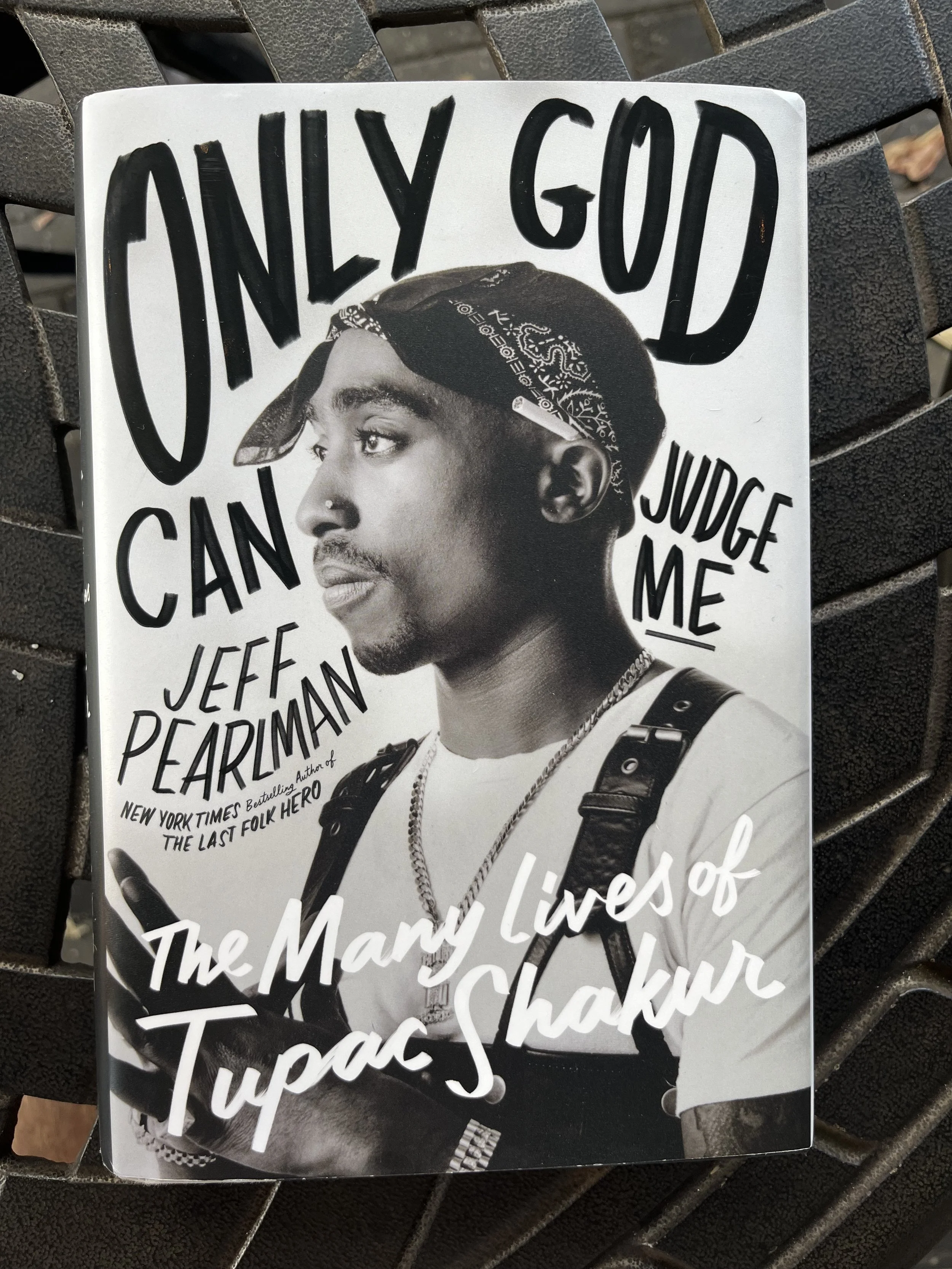My lifelong love of reading comes from a few places. My mother was a school teacher and I am fortunate that she started teaching me to read before I even set foot in a school house. My father always read the local paper. He would pull out the comics (funnies we called them) and later the sports section for me. It was part of our morning routine from as far back as early elementary school.
Around the time I started middle school, dad bought me a subscription to Sports Illustrated - probably to peruse the annual swimsuit edition as much as nurture my love of reading, but who’s counting at this point? I loved reading about my favorite athletes, getting to know more about what made them tick and trying to mine lessons for my own athletic dreams.
Sports and music were my two loves growing up. In addition to reading everything I could get my hands on, I have always been a voracious consumer of music. Hip hop was king in my teenage years. My buddies and I would pass around the latest Outkast, Beastie Boys, Wu-Tang Clan, Nas, and of course, Tupac CDs. We all had tricked out sound systems in our lifted pickup trucks. Middle class white guys thinking of themselves as ghetto cowboys.
Jeff Pearlman’s work was among those articles I devoured in Sports Illustrated. I didn’t know the name Jeff Pearlman, but like anyone who was following baseball in the late 1990s and early 2000s, I sure knew his John Rocker story. Rocker was a brash, flame throwing reliever for the Atlanta Braves. Rocker was also, as Pearlman would discover over the course of writing his now famous profile of the pitcher, a bigot.
At the time, I was navigating my own relationship with race, class, gender, and sexuality as a cisgender, heterosexual white guy in a town that favored people who looked and felt like me. Looking back, I credit my love of reading and my exposure to hip hop with helping me understand systemic racism and inequality.
Rocker was not saying anything different from any number of people in my life; but there was something shocking about someone with his profile uttering such nonsense. It’s one thing if your uncle is complaining about the (insert racial slur) bagging his groceries. A famous athlete on the largest stage in baseball saying such things provides a different lens through which to process the status quo.
The world I am talking about was decidedly conservative. The Telecommunications Act of 1996* was leading to the rise of Rush Limbaugh and others. Flag-waving, nationalistic, watered down country music was beginning to take over local radio stations. The media landscape was changing in profound ways.
An under-discussed consequence of the slow burn of facism culminating with Donald Trump as dictator of the United States is how long journalists have been vilified in this country. Trump is a cartoonishly extreme example of the point I am making, but demonizing the press is not new. And, I get it. Journalists shed light on inconvenient facts. They humanize heroes and expose false idols. In short, good journalists should be considered heroes themselves but they often are treated as enemies by those in power.
Which brings me to Only God Can Judge Me: The Many Lives of Tupac Shakur by Jeff Pearlman. Rarely, if ever, has a book sat so squarely at the intersection of my interests. A book about one of the most influential musical artists of my lifetime written by an accomplished sportswriter. Pearlman is able to take the icon that is Tupac and distill his complicated, brief life into equal parts inspiring, devastating, and human.
The guy who had an impossible rise to superstardom is here in these pages. The one whose sexual prowess was the stuff of legend. The one whose lyrics were biting and beautiful and poetic.
But also, the pretend gangster. The young man pining for a father. The misogynist philanderer. The one convicted of sexual assault.
Pearlman does not gloss over the shitty parts about Tupac. His legacy is complicated and we can celebrate the genius while acknowledging his more problematic traits and actions.
Pearlman employs years of honing his journalistic chops and a deep appreciation for the subject matter to craft an all time great biography. The urgency one senses from Jeff Pearlman as he tells gripping stories through videos on TikTok or Instagram consumes these pages. This book begged me to pick it up and continue and left me wanting more.
*For an excellent explanation of the Telecom Act of 1996, I highly recommend Marissa R. Moss’s outstanding book Her Country. Also, check out Marissa’s appearance on my podcast The Marinade.
